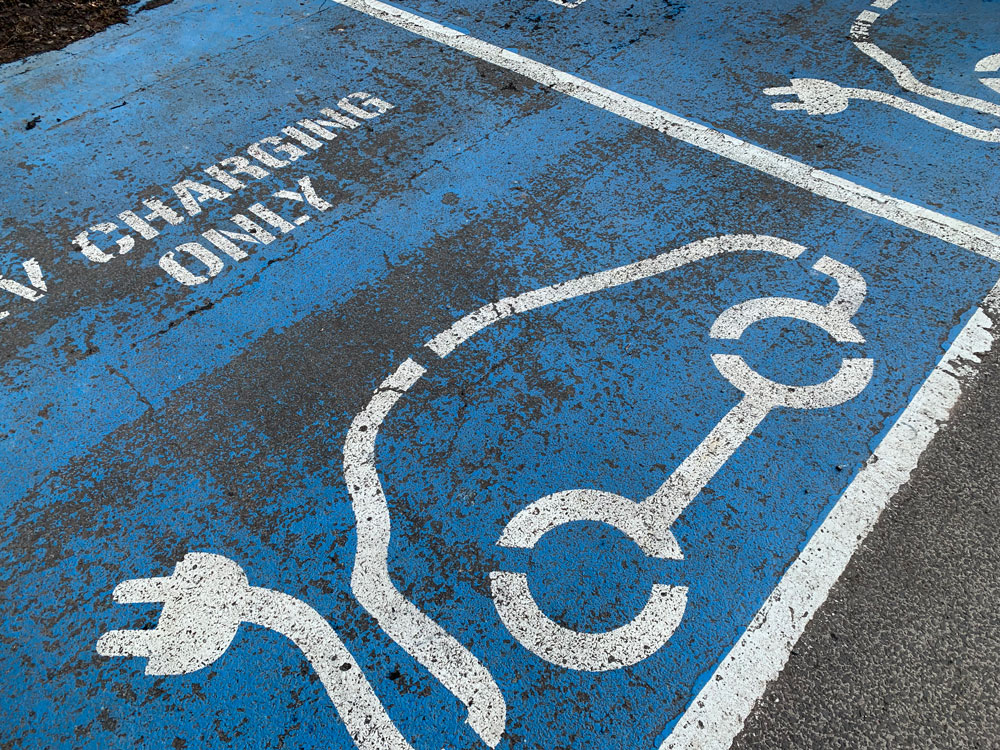Industry needs more charge

It is vital that logistics operators who travel across wide geographical areas are not held back when charging their electric vehicle, whatever its type or size, writes Denise Beedell, Senior Policy Manager, Logistics UK
In 2019, government set an immovable target for the UK to meet net zero greenhouse gas emissions by 2050 and end the sale of new petrol and diesel cars and vans from 2030, to ensure the country minimises its contribution to climate change. In response, the logistics industry is progressing its decarbonisation plans, including accelerating the transition to electric vehicles.
In April 2021 the Office for Zero Emission Vehicles (OZEV) conducted its ‘Consumer Experience at Public Chargepoints’ consultation, seeking ways to improve consumer experience for electric vehicle (EV) drivers at public chargepoints. Logistics UK submitted its own response to the consultation, in which the association called for a pragmatic approach to setting high reliability standards to avoid disruption to the widespread and continued roll out of public chargepoints.
At the end of March 2023, the government published its response to the consultation with new policies and regulations covering minimum payments, reliability and open data that aim to reassure EV drivers that the public chargepoint network will be able to meet demand as more EVs are registered on UK roads. While Logistics UK is pleased to see progress from government, the business group is disappointed that is has taken almost two-years to roll out universal operating standards for the public EV charging network.
Encouragingly, the business group’s calls for a consistent and uniform approach to pricing, systems and chargepoint operation across the country have been acknowledged and implemented into the final policies. A positive element of the response for supporting the industry’s move to vehicle electrification is the immediate adoption of the Open Chargepoint Interface Protocol (OCPI), which will facilitate automated roaming for EV drivers across several EV charging networks. OCPI is used widely in other countries and adoption and early implementation of this protocol is something that Logistics UK wanted to see, to ensure consistent standards of operation are embedded so that necessary adjustments can be made before the market becomes more complex.
It is vital that logistics operators who travel across wide geographical areas can enjoy consistent operating standards wherever they need to charge their EVs. However, regular monitoring, evaluation and reviews must also be carried out to ensure ambitions for high standards are realised as well as supporting new innovative solutions as the network grows and evolves. In addition, Logistics UK highlighted the need for a free 24/7 helpline and roaming solutions for all public chargepoints to ensure that consumers can access support whenever they are struggling to charge.
Most importantly, Logistics UK is delighted to see that government has acknowledged the urgent need for more awareness and consideration regarding the rollout and installation of electric chargepoints. As of 1 January 2023, a total of 37,055 public electric chargepoints were recorded in the UK. Compared to 1 October 2022, only 2,418 chargepoints had been installed, showing an increase of 7%.
Alongside this, attention must now turn to ensuring that all electric vehicles can use the public charging network; from the start of roll out, the focus has been mainly on electric cars but it is high time that planners and network operators fully recognise the needs of large electric vans so they can have confidence that chargepoints will be available and suitable for their use when needed. Moving forward, the needs of electric trucks and a co-ordinated approach to power supply, as well as land use, must be incorporated into future plans.






